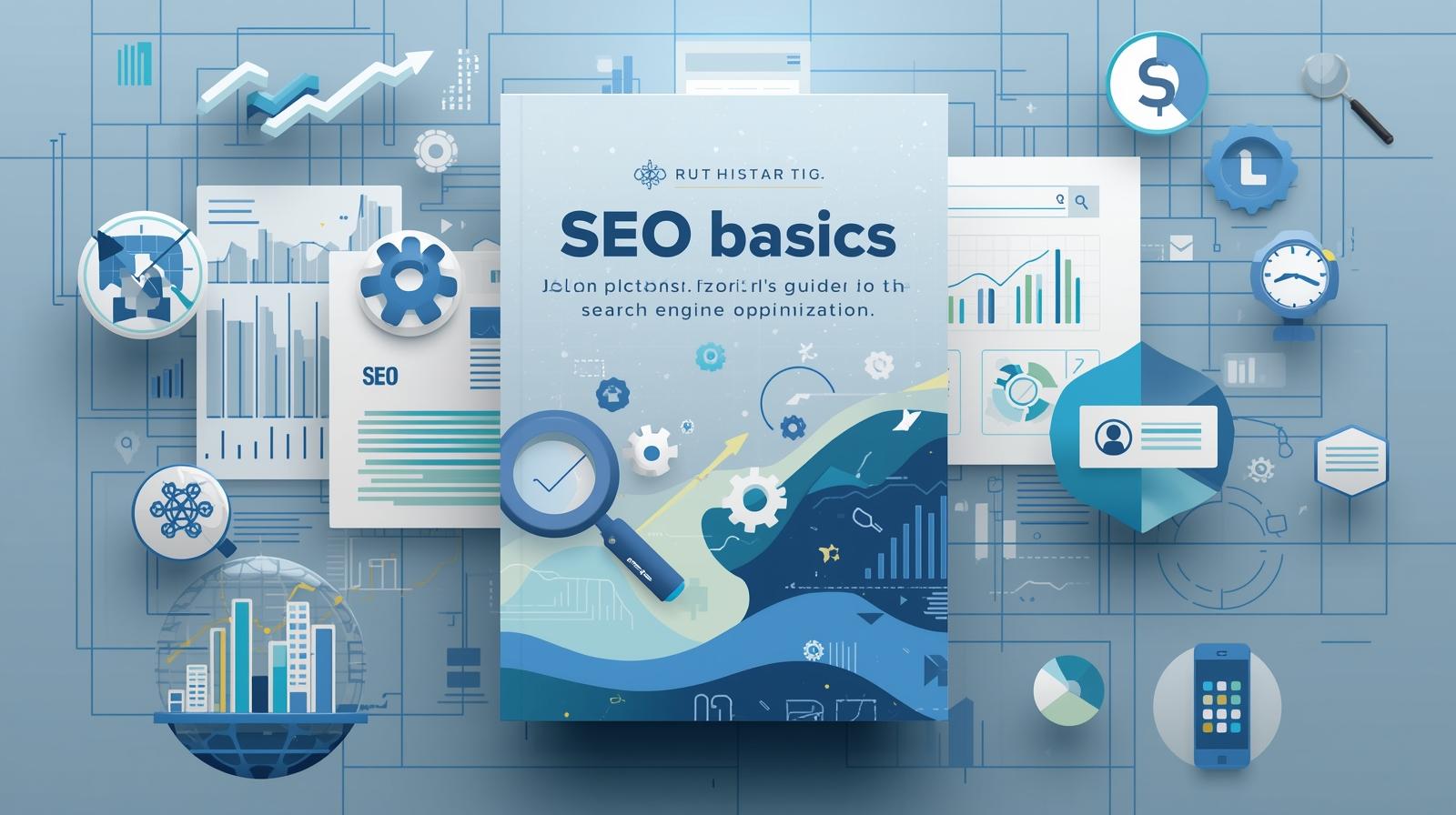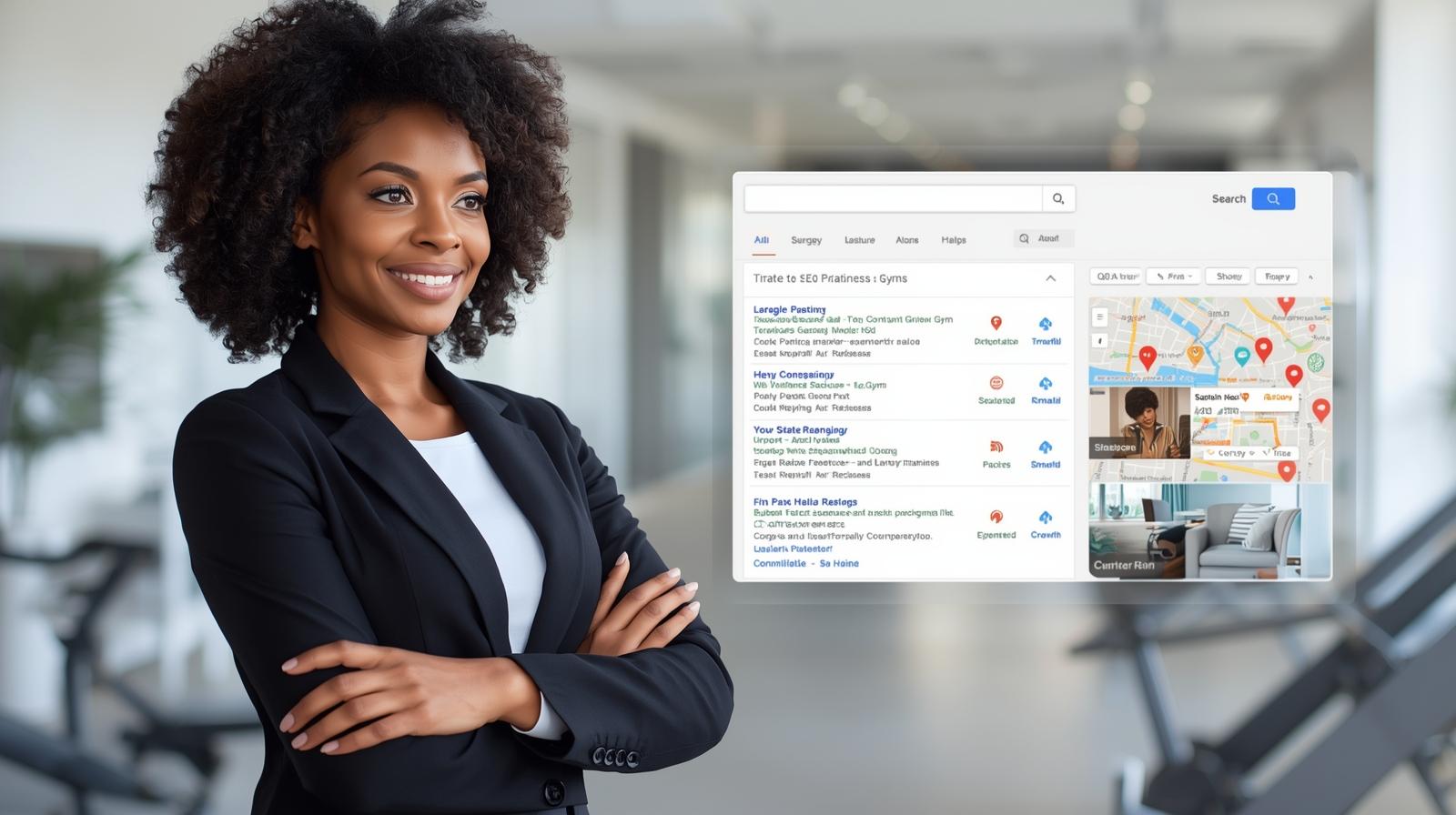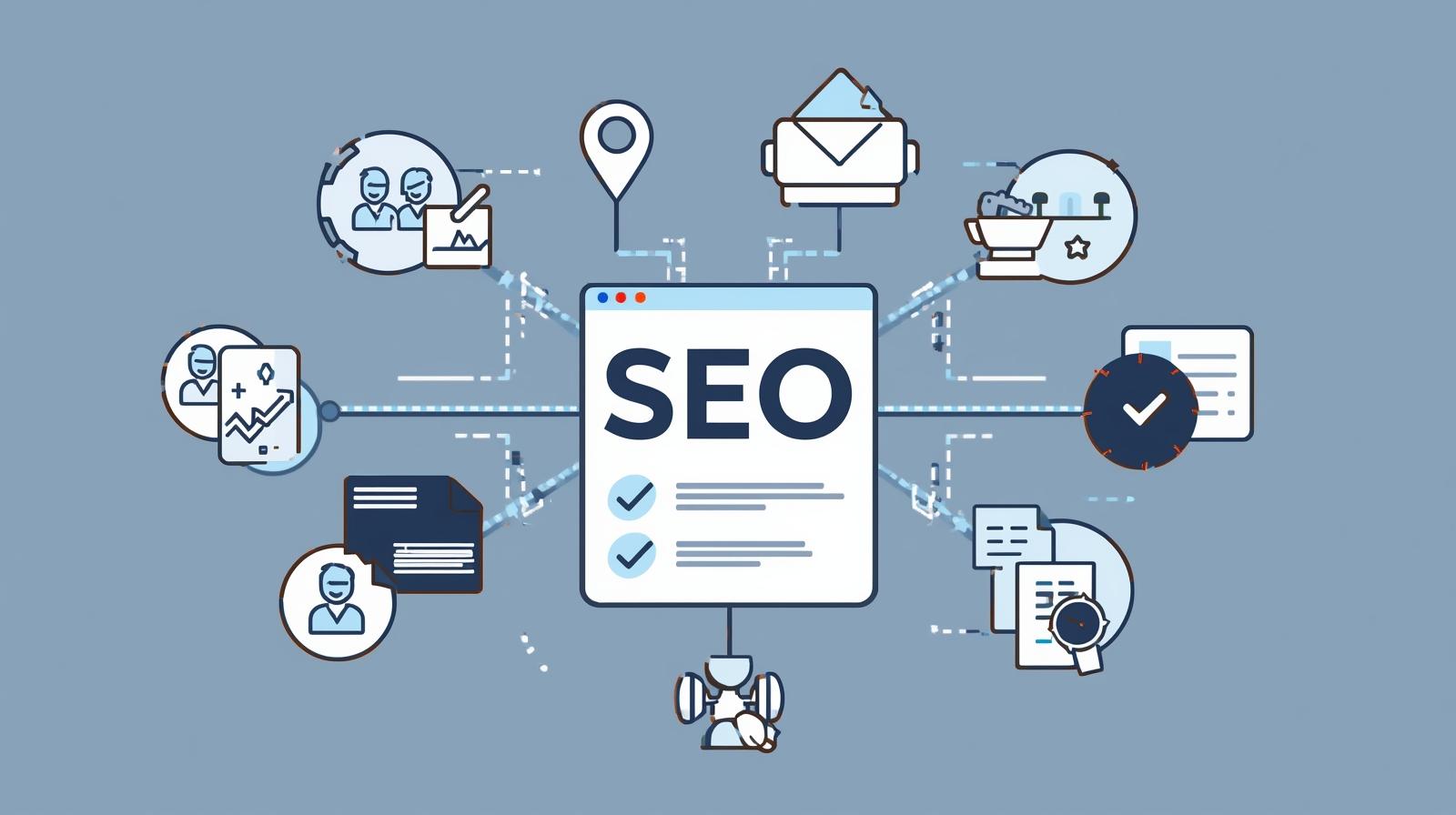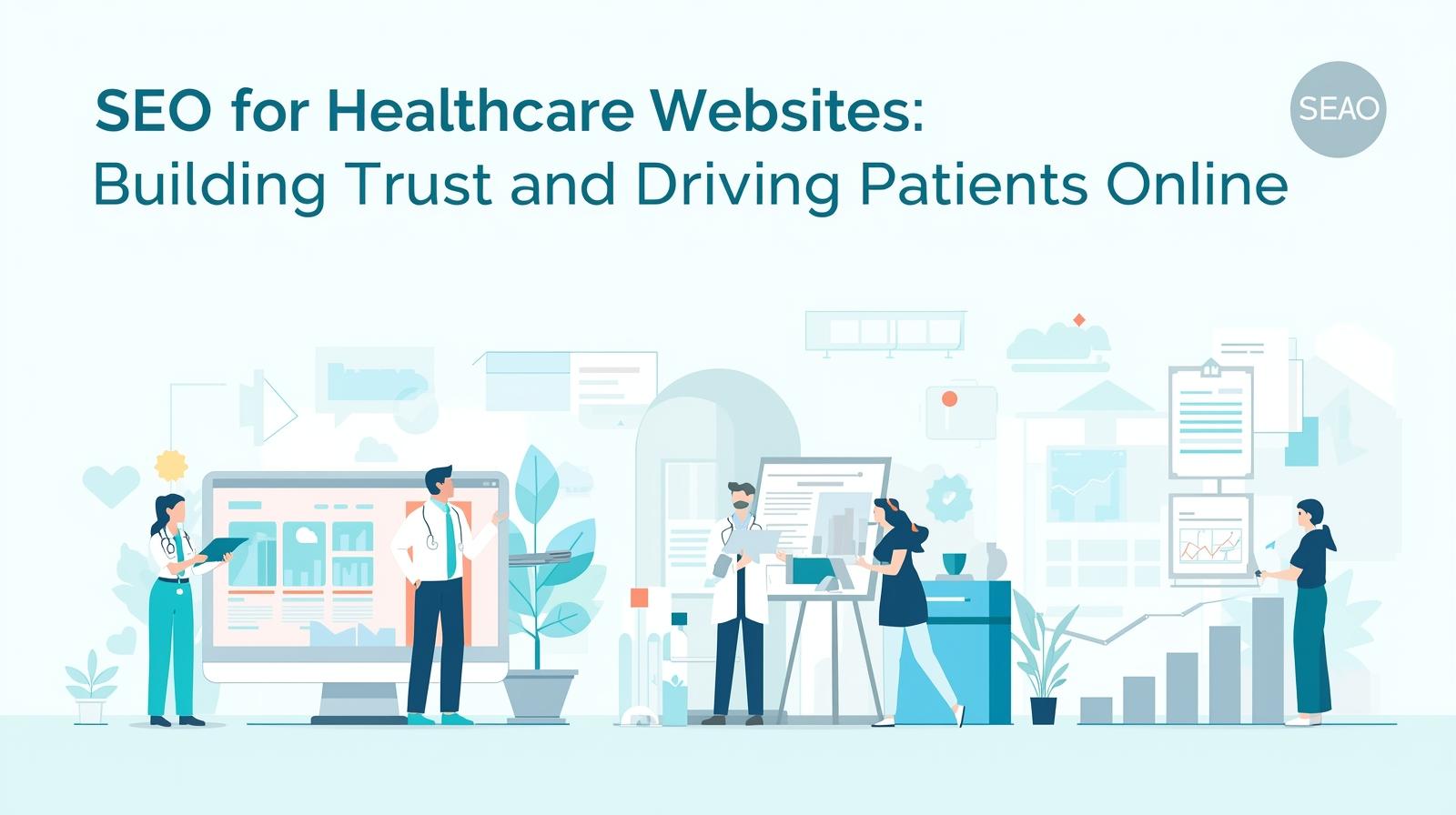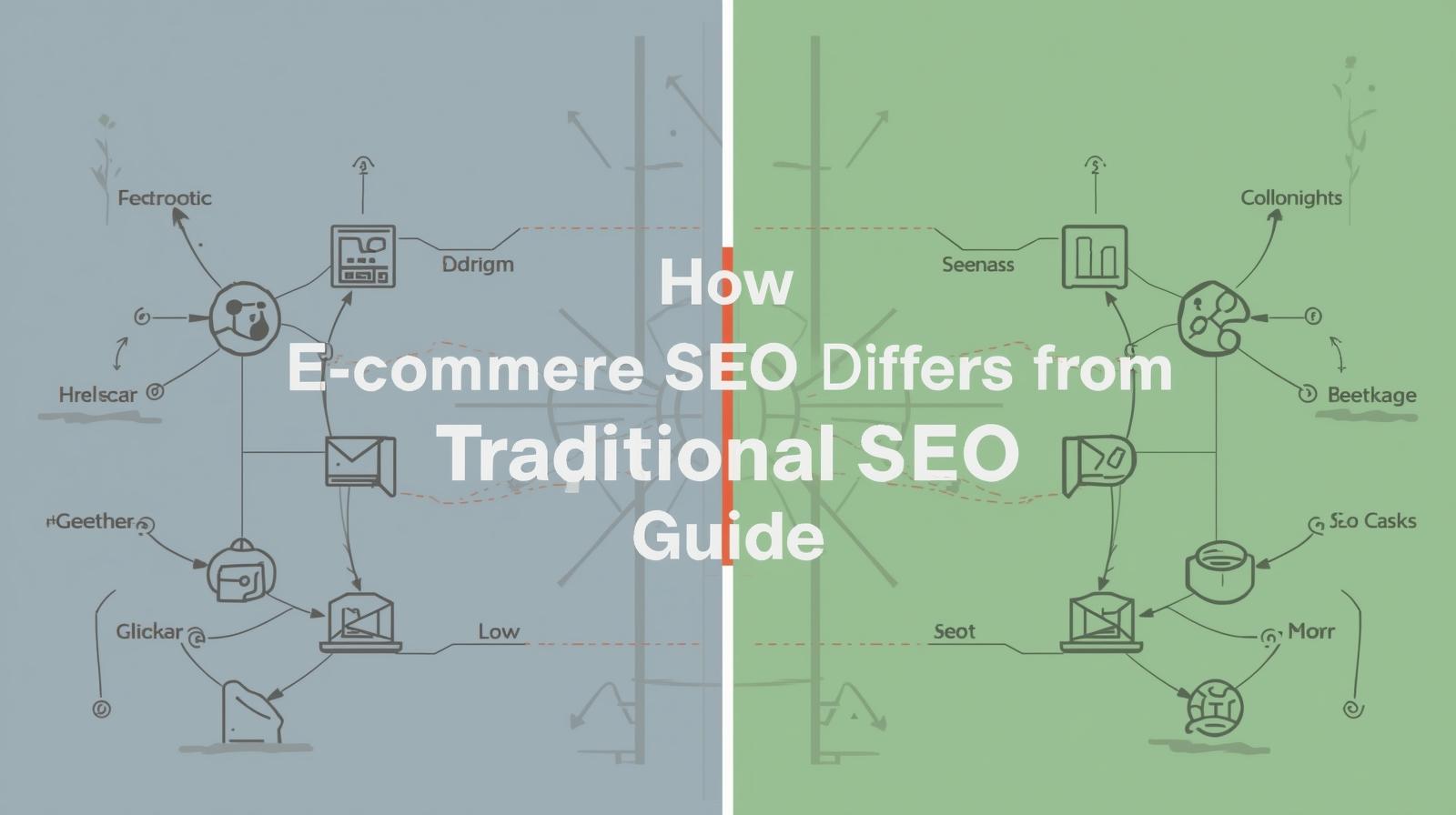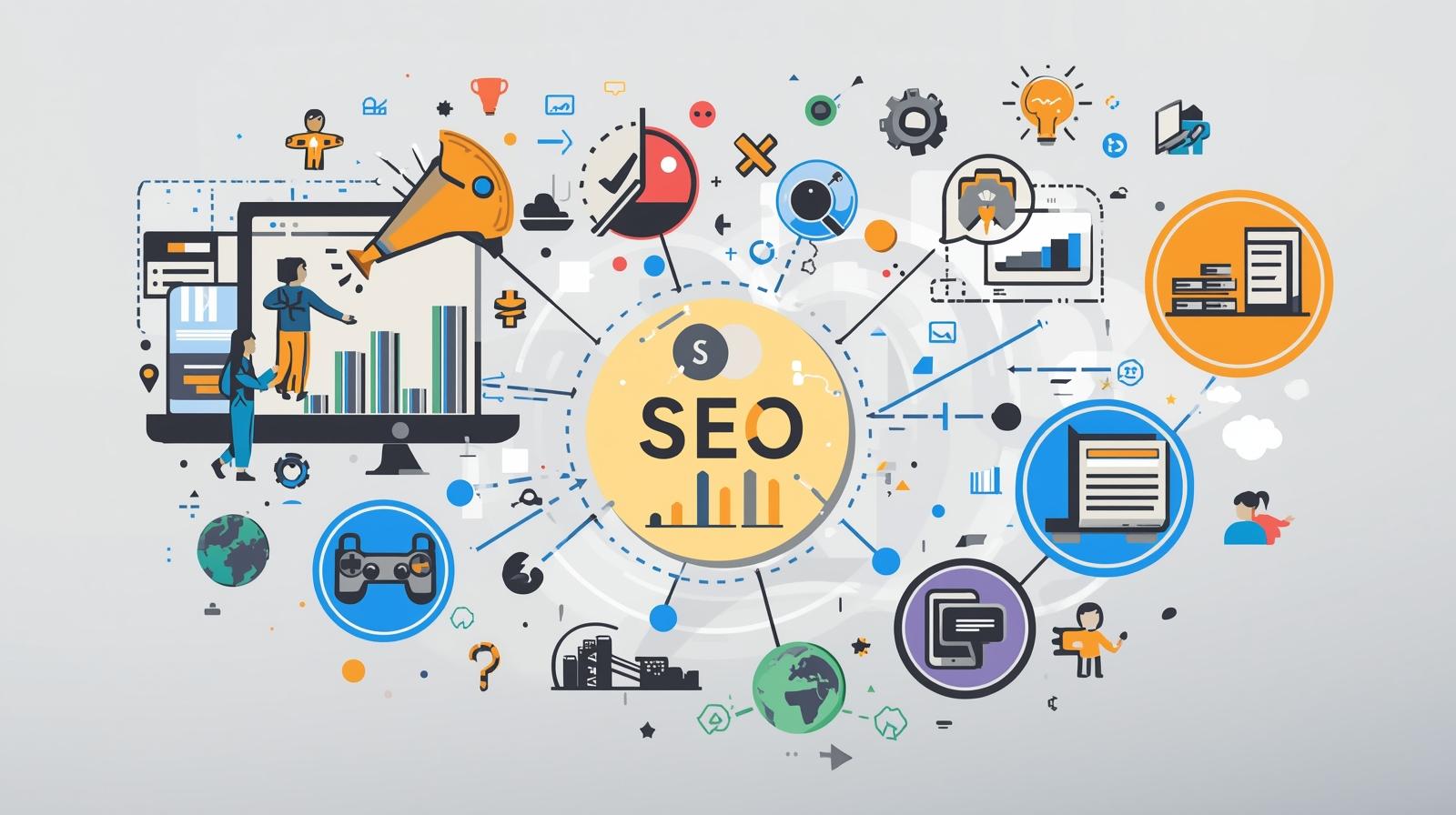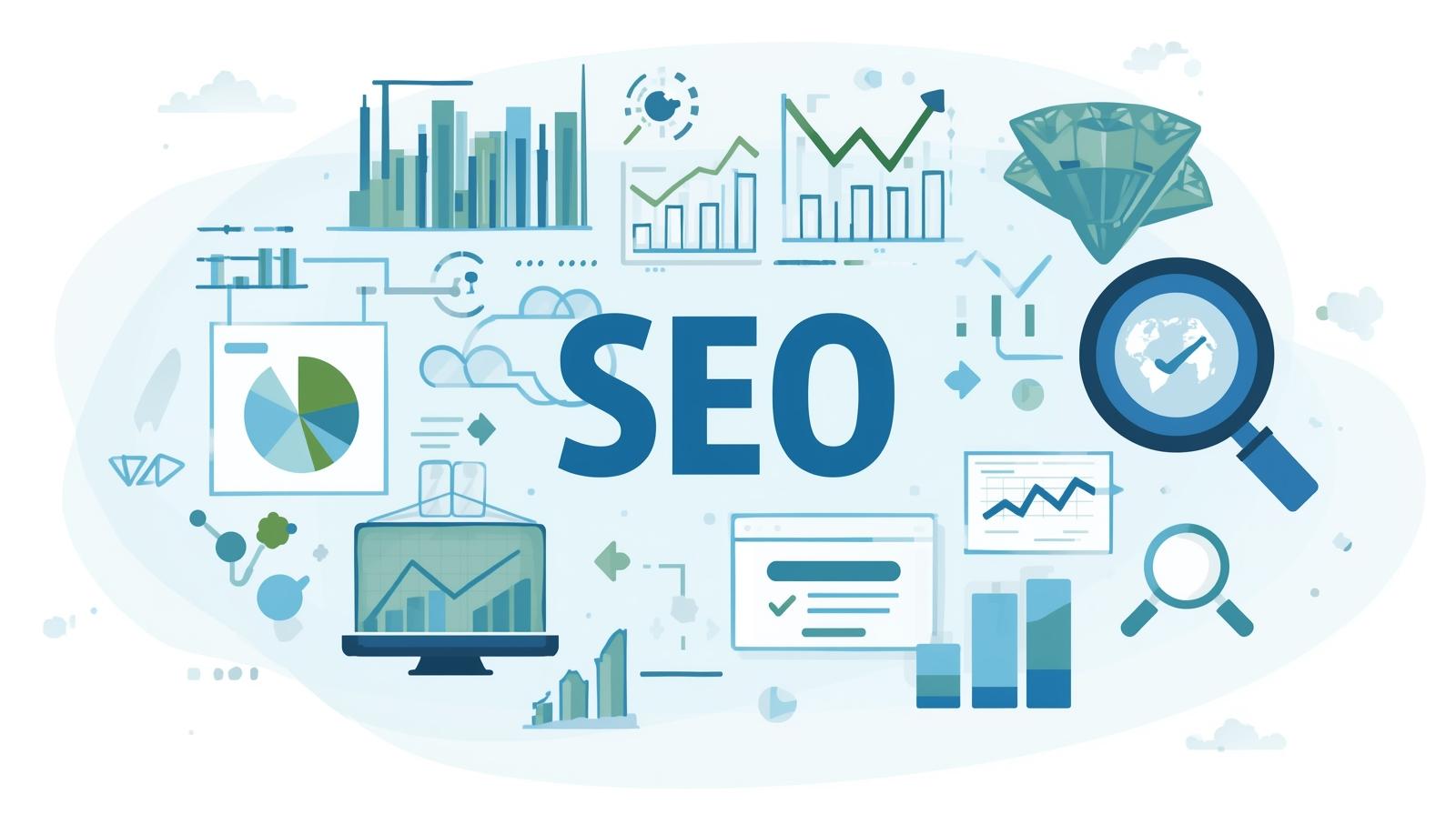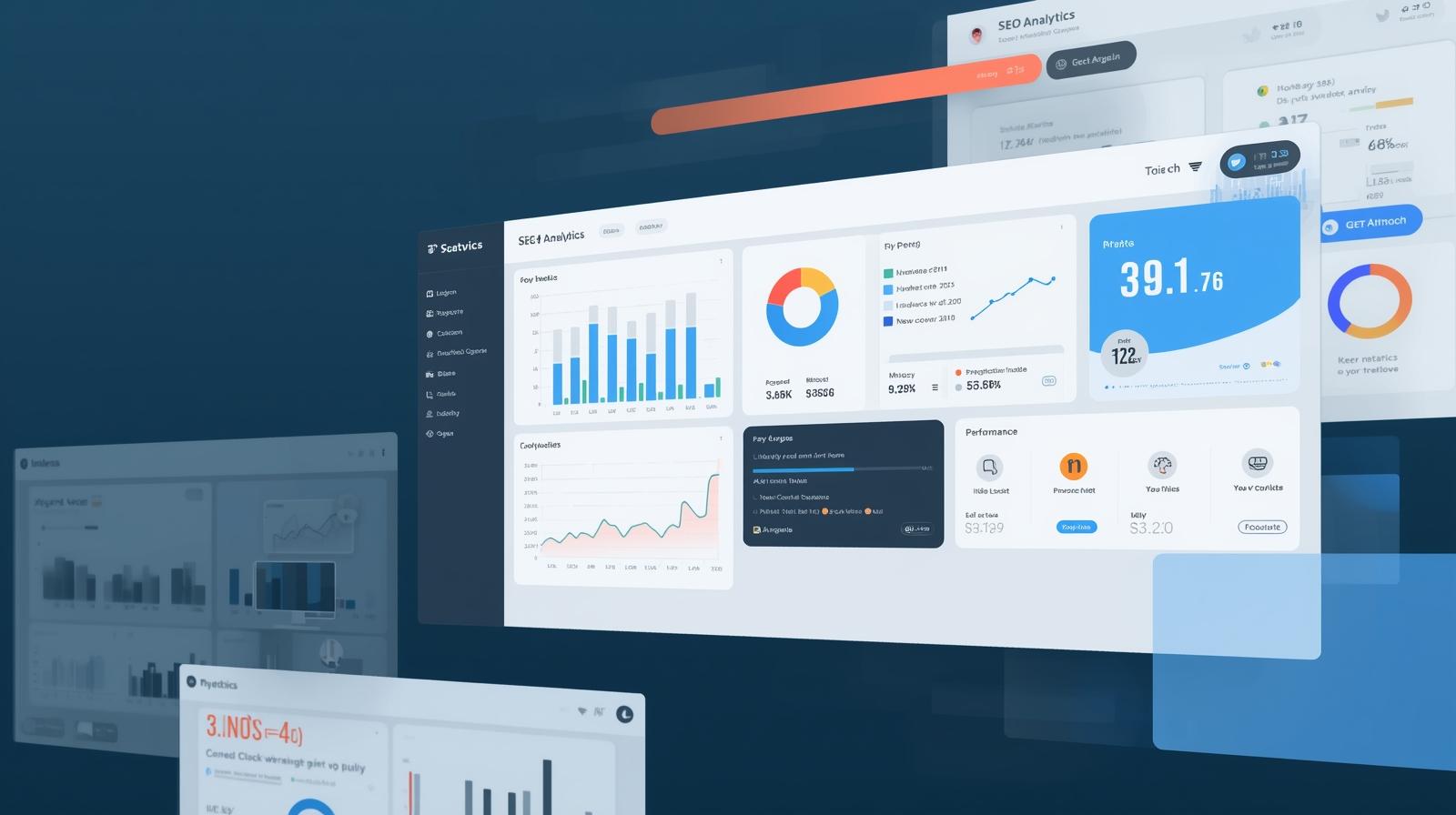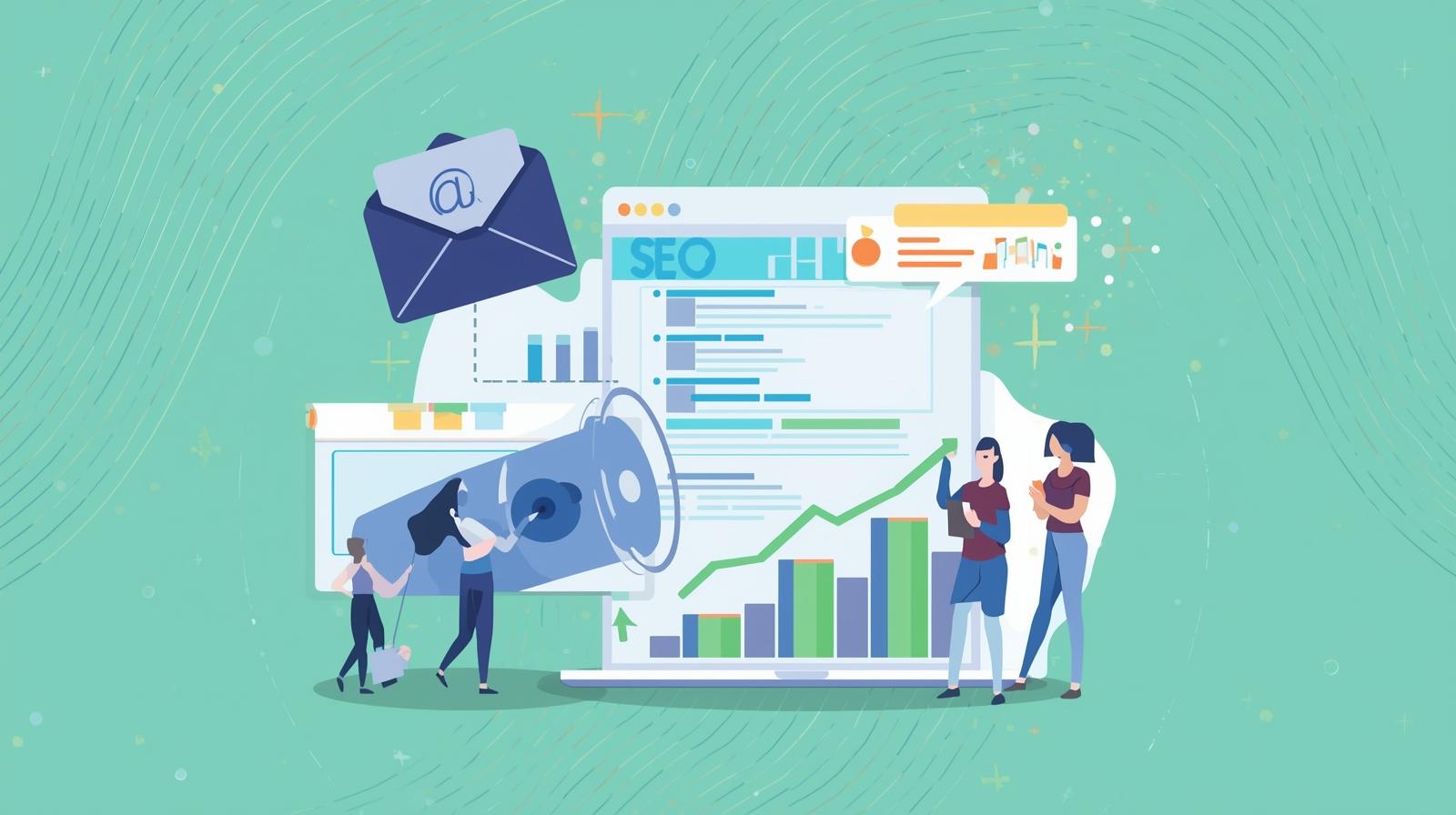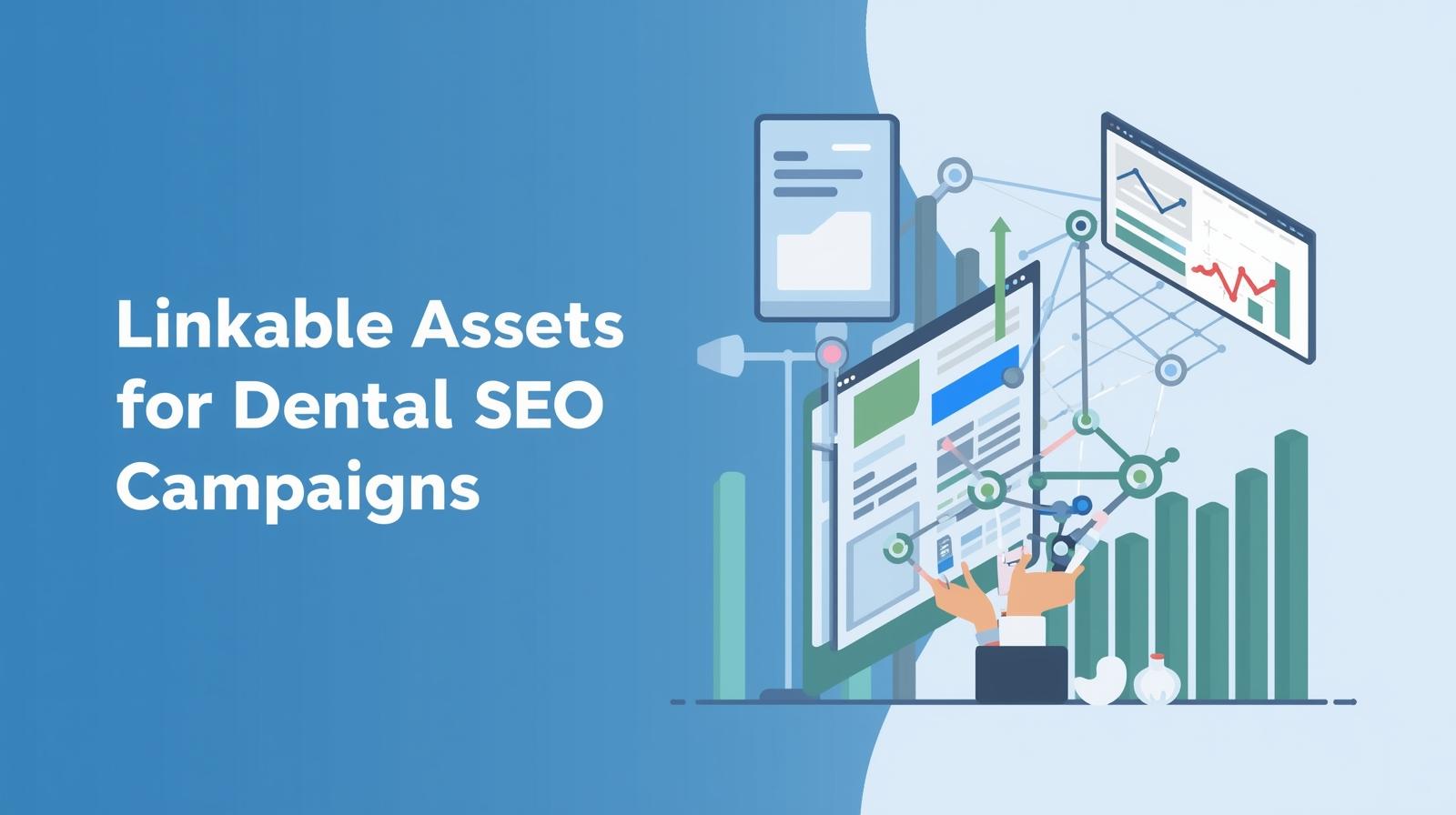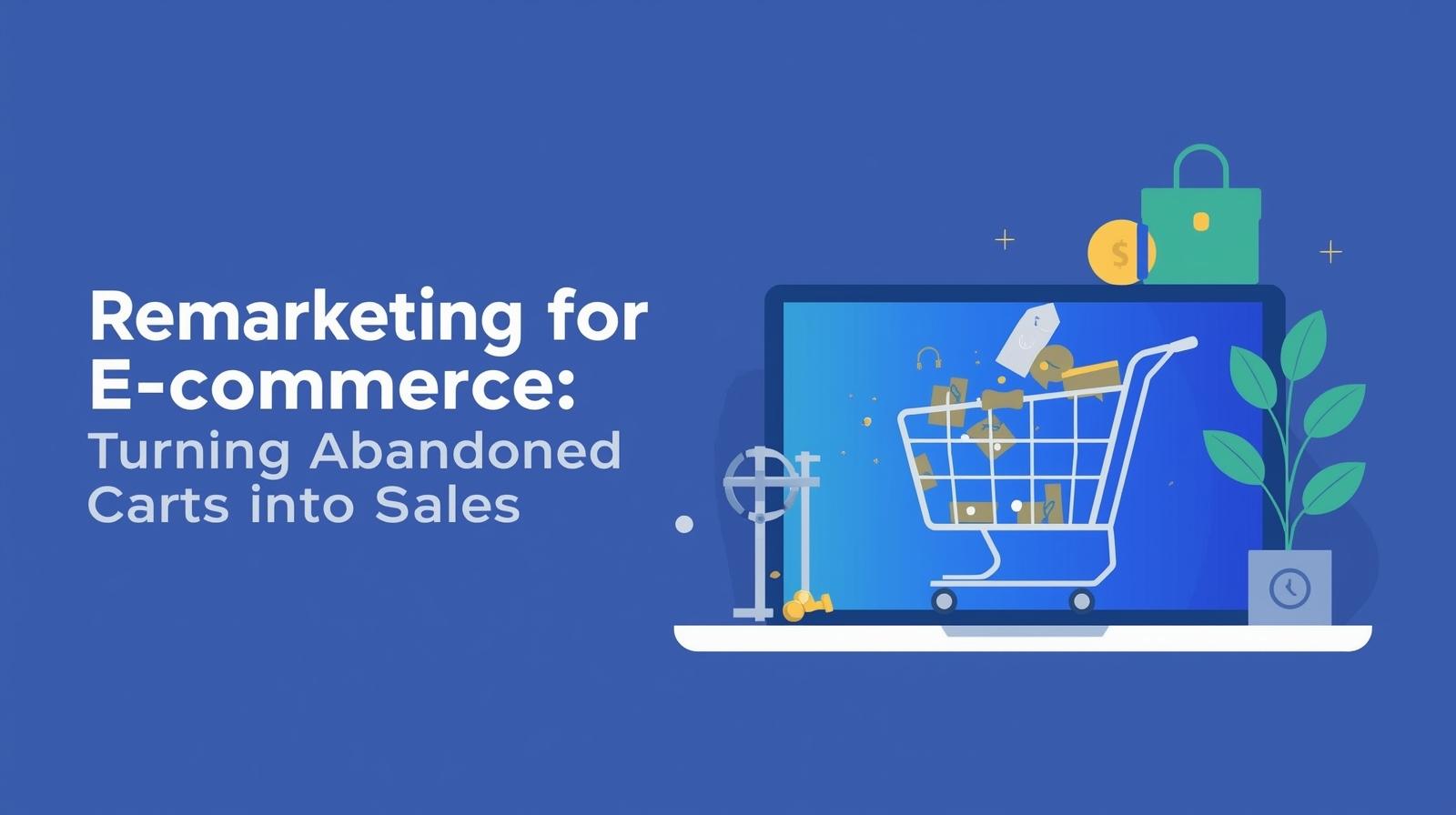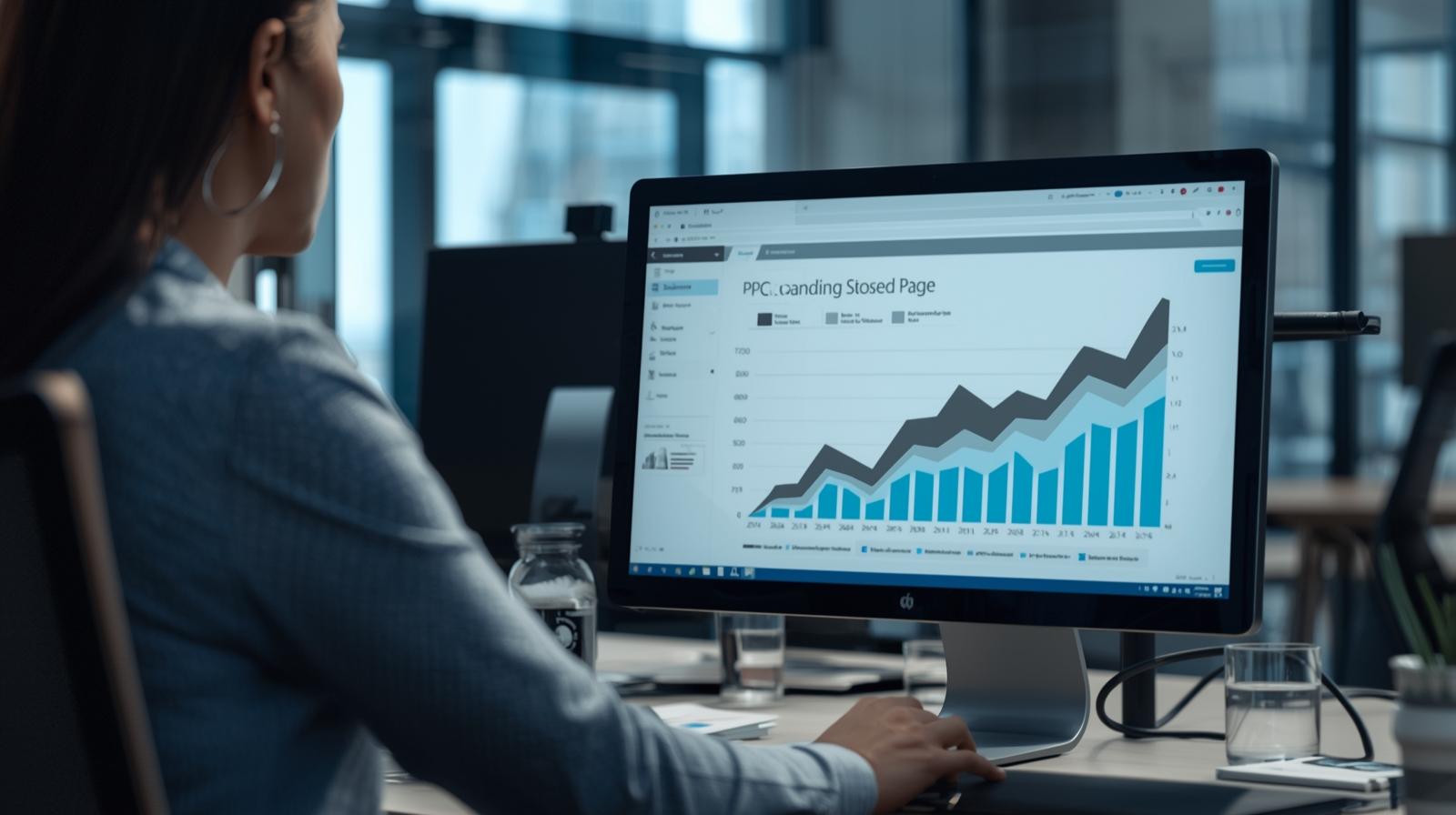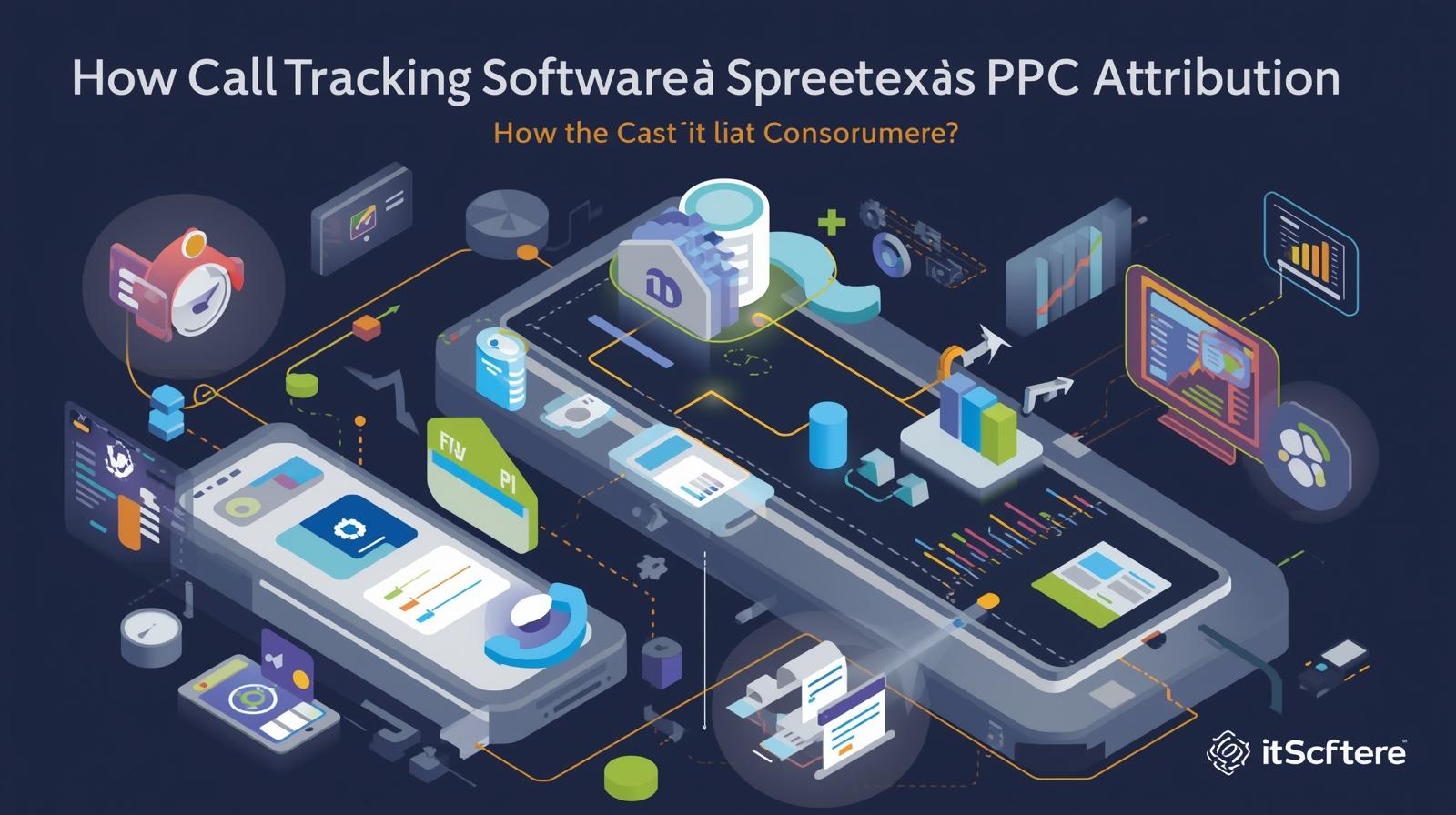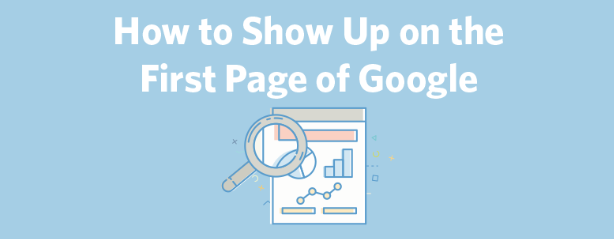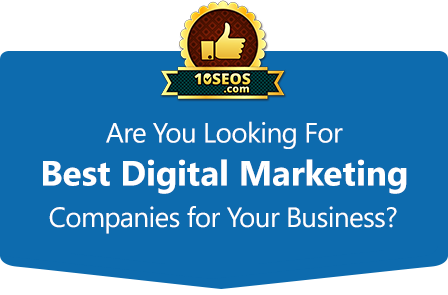December 04, 2025
People usually believe that SEO is a difficult and time taking practice. We don’t deny that it is time taking, however, it is not as difficult as people think. In fact it is something worthy of learning by both businesses as well as digital marketing beginners. Businesses having websites usually have a limited knowledge of SEO, similar to the digital marketing freshers. Hence knowing about the basics surely can help them excel in their respective objectives.
So, let us begin with understanding what is SEO and then proceed to comprehending its basics. We hope by the time you reach the end of the article, you will have a good understanding of the SEO, its significance, how to do it, and track it for the success of your busines website. So, let’s start.
What is SEO
SEO stands for Search Engine Optimization. It refers to the process of optimizing a website or a web page to uplift the quality and quantity of its traffic, using organic (or unpaid) search engine results.
Also read about the evolution of SEO.
What Are The Benefits Of SEO
Going through the benefits of SEO is a must for those aiming to begin their SEO journey. Let us check them out.
1. Increases Organic & High-Quality Website Traffic
Search engine optimization is performed with the objective of helping websites rank higher on the search engine result pages. Plus, people tend to click on those web pages and websites that appear on the top of the results. Hence, SEO ultimately helps boost the website’s organic visibility, and increase website traffic.
2. Improves Credibility
Search engines like Google consider both on-page and off-page factors to rank websites, and a majority of users trust Google’s ranking algorithms. This is the reason why 75% of users do not move to the second page of search results.
In other words, users consider those websites more credible that appear on the first page of search engines. And search engine optimization helps in improving this credibility.
3. Earns More Clicks Than PPC
A number of companies work with PPC (Pay Per Click) and SEO together. When websites appear at the top of paid search results as well as in organic first-page rankings, users tend to visit them more. In fact, even though the PPC ads appear above the organic results, a majority of clicks are on the organic results on the first page. The most appropriate reason for such an occurrence could be the users’ trust in Google’s algorithms.
4. Optimizes PPC Campaigns
While PPC displays the website at the top of paid results, SEO does the same with organic results. And since both results appear at the top of the SERPs, the website credibility tends to rise. Hence, SEO is a successful way to maximize the effects of PPC advertising.
5. Enhances User Experience
User experience is among the most important Google ranking factors and also plays a prominent role in determining the success of a website. Google observes the bounce rates of the website to learn about the user experience.
When a user comes across an unlikable experience on the website, he leaves the website within a few seconds. This situation refers to bounce. When bounce rates of a website or a web page increase, Google understands that it is not worth the user’s search. This results in lower rankings on the web page. SEO aims to prevent such user experiences and help websites rank accordingly.
6. Improves ROI
Return on Investment or ROI is an important element that the success of digital marketing practices takes into consideration. If a website ranks at the bottom of the second page or further pages, it may, unfortunately, get no leads. In contrast, websites listed on the first page get better visibility, and hence higher traffic and leads. Hence, although SEO may take time to yield results, a quality SEO strategy will help improve the ROI.
7. Supports Content Marketing
SEO plays an important role in marketing your content. In fact, SEO and content go together, as it's the content that search engine marketing looks for while ranking a website. This content needs to be useful, relevant, high-quality, and most importantly keyword-optimized in order to rank better in the SERPs. Moreover, this content can include text, images, as well as videos.
8. Costs Nothing
In contrast to PPC advertising, SEO costs nothing but your time. This is because of the fact that search engines crawl websites every time, and hence can promote any useful content to help you discover new audiences organically. You just have to create SEO-friendly content and keep it up-to-date to meet the current trends.
How To Be Ready For SEO Success
SEO is a time taking process that lets you achieve things over time. In order to make your SEO strategy a success, you need to have a website, well ready for SEO. And for that, you have to make sure that the following aspects are taken care of:
1.Domain
While purchasing and registering a domain, keep in mind the following two characteristics of a good domain:
Domain Name
A good domain name includes the name of the business, does not contain hyphens and numbers, is short, easy to spell, and easy to remember.
Top-Level Domain
Besides the above qualities, the domain name must contain a top-level domain (TLD). The most preferred and recognizable TLD by businesses is ‘.com’. Also, choose not to use low-quality domains like ‘.info’, ‘.biz’, etc. as these can impact your website reputation.
2. Website Platform
Based on your preference and capacities, you can choose between two website platforms:
Hosted
Hosted website platforms are Software as a Service or SAAS platforms. They offer multiple features and functions on a single platform i.e. an all-in-one website solution. From hosting your website to providing ready-made designs and templates and making your website editing tasks easy, hosted platforms can do a lot. And this won’t even require you to do any sort of complex coding knowledge.
Examples: WordPress.com, Shopify, Wix, Squarespace, etc.
Self-Hosted
Self-hosted platforms are open-source platforms that allow you to create and manage the entire content without coding. You have to download the free software, open an account with the website host (to save files on their servers), and purchase a domain from the domain registrar.
Examples: WordPress.org, Drupal, WooCommerce, etc.
3. Web Host
A web host stores your website on a hard drive. The hosted platforms give you less control over hosting. On the other hand, with self-hosted platforms, you get to choose your host. However, before deciding over choosing a web host, keep note of the following things:
SSL/TLS Certificate
Make certain to get a free SSL/TLS certificate from the host.
Server in Same Country
Prefer to pick a host with servers in the same country as that of your traffic, because of the time the server takes to transmit data to the website visitor.
24/7 Support
Make sure they provide 24/7 support so that you can get your queries solved irrespective of the time at which it occurs.
4.User Experience
User experience is among the most significant ranking factors by search engines. A positive user experience can make your website rank higher in search results. Make sure the following things are taken care of:
Website encryption with SSL/TLS.
A visually appealing website that resonates with your brand.
A mobile-friendly website, since a majority of people prefer mobiles over desktops to access websites.
Legible content on all the devices.
A website with no or less interfering ads and pop-ups.
Page speed as per guidelines, on both mobile and desktop.
5. Website Structure
The website structure should be such that it allows users to easily navigate from one page to another. Also, it must be intuitive and logical enough to let users understand what should come next to what.
Here, internal linking is essential. It will make sure that the search engines can easily find new pages. Also, they will be able to determine the value and purpose of pages.
6. URL Structure
Besides the website structure, the URL structure of your website is also significant. In fact, several website platforms let you decide the URL structure. What you should remember is that your URLs should:
- Be Simple
- Organized
- Have not more than 1-2 relevant keywords
- Include HTTPS
- Have top-level domain
- Be canonical
- Not include stop words
- Not include special characters
- Not be parameters or dynamic
Install An SEO Plugin
SEO plugins are truly useful elements that help make your website more crawlable by search engine spiders, by way of optimizing its certain elements. There are a number of plugins available, the current popular one is Yoast SEO. If yours is a hosted platform, you won’t need to install a plugin, since they allow you to make basic SEO changes immediately.
How To Do SEO
Search Engine Optimization usually consists of four phases, as explained below:
1. Keyword Research
The foremost phase, where SEO actually begins is the research of keywords. Keywords are search terms that your target audience enters in the search bar of the search engine. The process of keyword research combines finding relevant keywords, their search volume, and the estimated difficulty to rank for them. Let us know about these steps in detail below:
Finding Keywords
You cannot proceed in the SEO process without complete knowledge of the words or terms your customers are searching for. Moreover, you won’t be able to create pages that will rank in search engines and capture traffic without relevant keywords. And that’s why it is the first step of the research.
So, begin your research by thinking about words or phrases that define your industry. Once you derive these keywords, you can keep these as a basis to find more. Prefer using a Keyword Research Tool to find keywords in an organized manner.
Search Volume
A keyword search volume is a significant SEO metric that tells about the number of times a keyword has been searched in a given time. Keyword research tools such as Google Keyword Planner are used to find out those search volumes. So, some keywords may have high-volume keywords, while others may have lower search volumes.
Web pages with high-volume keywords usually drive higher website traffic. However, sometimes even though a particular keyword gets higher search volume, there could be more organic traffic for some other top-ranking page. Hence, to understand the potential of keyword traffic, one needs to know the estimated organic traffic to the high-ranking page.
Ranking Difficulty
It is not always easy to rank for keywords with high traffic potential. There are a number of factors that determine the keyword’s ranking difficulty. Among those, the most important is the number of relevant and major websites linking to the top-ranking pages.
2. On-Page SEO
On-page SEO refers to the optimization of web pages with the objective of achieving a higher rank and more organic traffic. It primarily deals with optimizing the content and HTML code of the page. This process includes the following practices:
Search Intent
Make sure that the page content aligns with the intent of the searcher, i.e. search intent. For this, look for common things among the top-ranking pages for the target keyword. Understand whether the searcher wants to learn something, or buy a product, or something else. And then create the content that matches with the intent.
Slug
A URL slug is the last part of the URL i.e. one that comes after the last backslash. Slug states about the content of the page and is highly useful for keyword SEO. Hence, make certain that the URL of each web page contains a descriptive slug. Read in-depth about Slug and its optimisation here.
Title Tag
A Title tag is used to display the title of the page in search engine result pages. It is another significant factor to affect the engagement with the audience. Writing the title tag is primary based on the search intent of the user. Hence, title should be created keeping it aligned with the search intent.
Image SEO
Image optimization greatly contributes to website ranking and traffic generation on search results. To optimize your images, first, make sure that you name them properly. Secondly, use Alt text, so that if your images are not properly visible on the scree, atleast your readers would be able to know the image content. Thirdly, ensure that the images are compressed, as this will boost your page speed.
3. Backlinking
Backlinks significantly helps in boosting the rank of a web page in SERPs. In backlinking one page links or points to another web page, hence creating backlinks. The more number backlinks there are on a page, the higher chances will be for the page to rank high. However, the linked should not be spam.
There are following types of backlinking techniques:
Guest blogging, where you write a blog post for a website that is not your own. This technique is quite popular, as the website gets the traffic of a guest blogger, who already has a following. These bloggers or experts usually belong to the same industry as yours.
Skyscraper Technique, is another link building technique where you need to first find a relevant content that contains a lot of backlinks. And then, create a better content than that, publish it, followed by requesting people to link to it.
Refer Competitors: Learn how your competitors are getting backlinks, and find patterns in their link profile. This way you can understand their link building practices and derive the same for your website. Read more about Backlinking here.
4. Technical SEO
Technical SEO aims to improve the website performance in order to increase the page ranking in the search engine results. This process quickens the website loading speed, and also makes it easier to crawl and understand for search engines. One should focus on the following aspects of technical SEO:
- Using SSL or Security Sockets Layer, to make sure that your site is secure.
- Making your website mobile-friendly.
- Increasing the page speed.
- Creating XML sitemap of the website.
- Using canonical tags, to avoid duplicate content.
- Adding a structured data markup to your website.
How To Track SEO Success
Once you begin with your SEO practices, you would also want to track it. Here are some of the most important SEO metrics that you need to track to measure the success of SEO:
1. Ranking of Keywords
Having an idea of where your website ranks for its core things can prove to be useful fact in understanding the health of your website. Keywords are among those factors. They also strongly indicate the organic search visibility.
You can check the keyword rankings and a few other core terms using a number of keyword rank checking tools.
2. Organic Traffic, Leads & Conversions
Learning about the organic traffic, leads and conversions contain the actual objective of an SEO process. Tools like Google Analytics can easily measure them without costing you anything.
This tool will provide insights into the following aspects:
- Number of visitors of your website during a particular time period.
- New visitors to your website.
- Source of website traffic.
- Top landing pages that are attracting more visitors.
- Pages that are not performing well and need to be optimized or corrected.
- Web pages ranking well on the SERPs.
Conclusion
So, this was the introduction to the basics of SEO for beginners. To summarize, the entire process of SEO is aimed towards the central objective of getting more exposure and traffic for your website and business. Being a beginner, you should also refer some of the best SEO experts of the world. Keep going through their professional work, articles and videos to polish your SEO knowledge for the long run.
If you are looking to learn more and deeper, visit the official 10seos Blog page.

Recent Posts
ARE YOU A LEADING SEO SERVICE PROVIDER?
Get listed in world's largest SEO directory today!
Directory listing counter is continuously increasing, be a part of it to gain the advantages, 10320 Companies are already listed.

